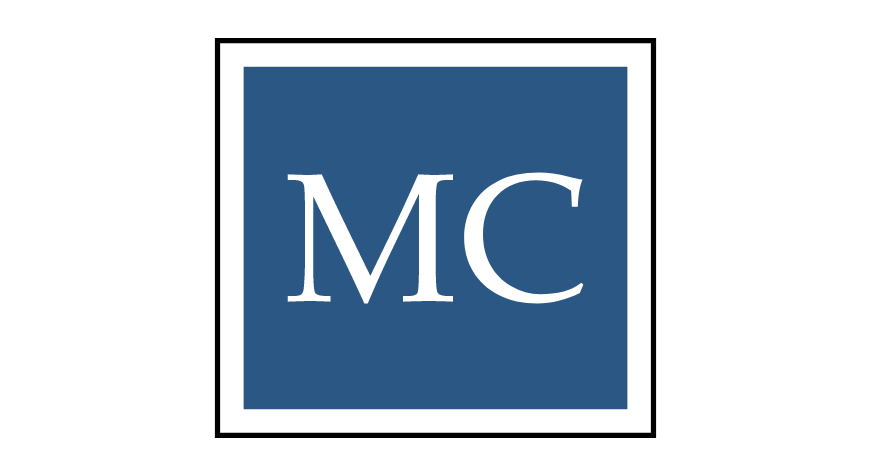The recently enacted Tax Cuts and Jobs Act (TCJA) has made several changes to the tax law. Below we have summarized some of the changes we feel may affect some of our client base, mainly traders and investors.
- The TCJA suspended all miscellaneous itemized deductions, subject to a 2% floor, for individuals including investment fees and expenses. Therefore, investors are no longer entitled to these investment expenses. An important thing to note is that the TCJA did not change investment-interest expense rules. The itemized deduction is limited to investment income, and any excess is carried forward to subsequent years.
- The TCJA also modified carried interest rules for managers. In order to benefit from long term capital gains allocated through profit allocation or carried interest, hedge fund managers must now hold an underlying position in the fund for three years. Normally, long term capital gain requires a one year holding period. Fortunately, the three year holding period does not apply to Section 1256 contracts with the 60% long term and 40% short term beneficial capital gain treatment.
- The TCJA now includes a new 20% Qualified Business Income (QBI) deduction on pass-through entities. Traders eligible for tax trader status are eligible for the QBI deduction. The QBI deduction is limited and then eventually disallowed for taxpayers whose taxable income exceeds $415,000, if married filing joint, and $207,500 for all other taxpayers.
- Additionally, short-selling stock borrow fees remain deductible under TCJA. These are taken as an “other miscellaneous deduction” on Schedule A of the form 1040, line 28. For taxpayers that qualify for Trader Tax Status, the short selling expenses are business expenses.
- Finally, a change that affects all taxpayers is the elimination of personal exemptions. The standard deduction roughly doubles under TCJA.
If you have any questions regarding the new tax law and how it may affect you, do not hesitate to give us a call or contact your tax professional.

